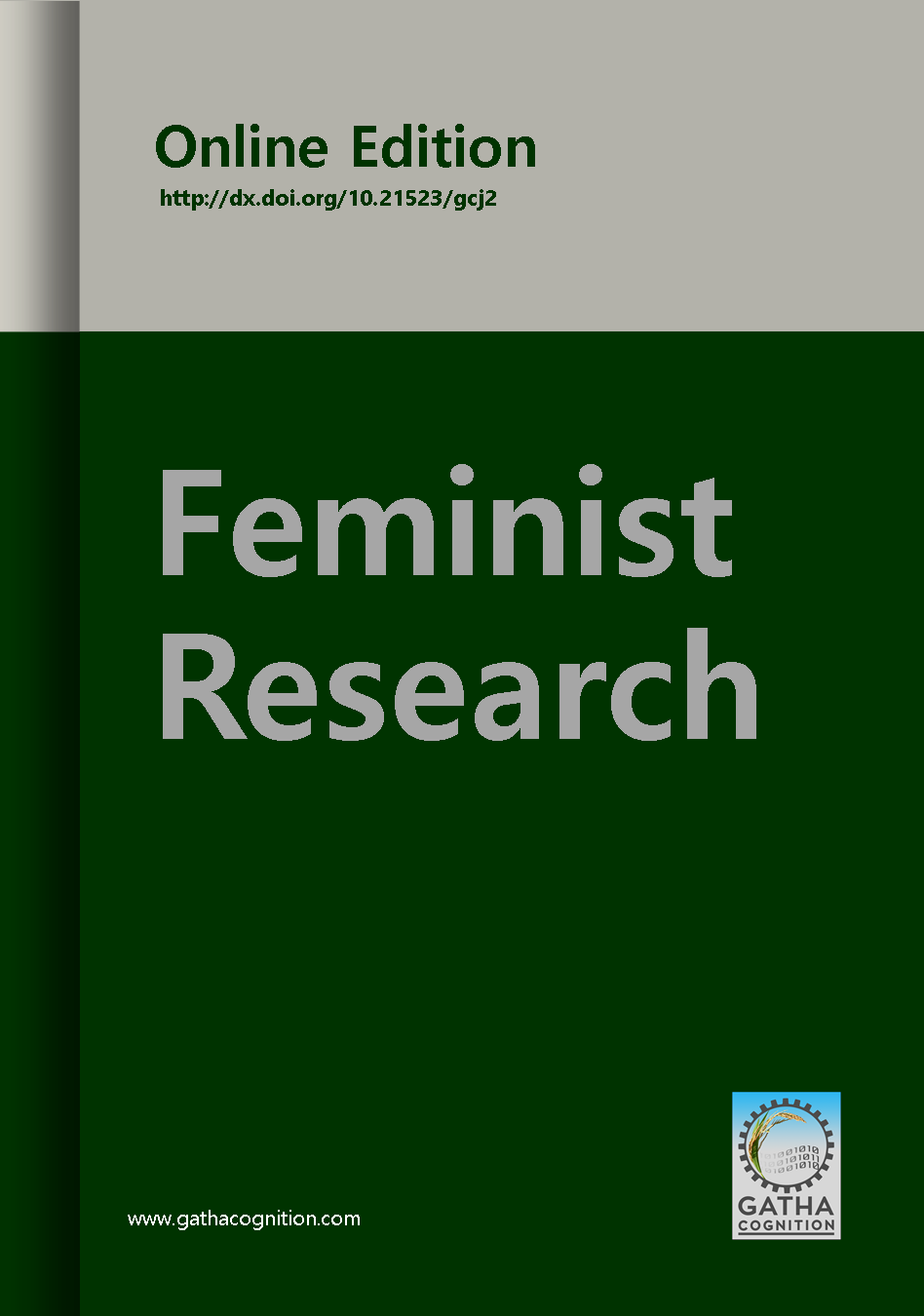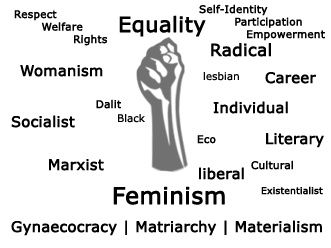Article Title :
Diasporic and Gendered Identities in Moroccan Transnational Cinema: Mohammed Ismail’s Ici et là - Here and There
2(2018)
29-33
Feminist film discourse , Feminism , Patriarchal oppression , National identity , Diaspora , In-betweenness , Westernization


The present paper aims at examining the extent to which Moroccan cinema could establish a diasporic visual discourse that cements national identity and contests the impact of westernization on migrants. Moreover, through the analysis the way in which independent identities are constructed in the host land, the article tries to incorporate a feminist discourse to highlight the role of the female subject in retrieving its own agency by challenging patriarchal oppression. Therefore, we argue that Mohammed Ismail’s feature-length film Ici et là (Here and There) has partially succeeded in creating a space for its diasporic subjects to build up their own independent identities beyond the scope of westernization and patriarchy.

The article tries to incorporate a feminist discourse to highlight the role of the female subject in retrieving its own agency by challenging patriarchal oppression.
The paper examines the Moroccan cinema (Ici et là -Here and There) for diasporic visual discourse that cements national identity with gender and feminism.
The migrants find themselves dispersed between alien nations and identities.
An experience of the migrants is a torn between the ‘Here’ and ‘There’ trajectories.
The film, ‘Ici et là’ has partially succeeded in creating a space for its diasporic subjects to build up their own independent identities beyond the scope of westernization and patriarchy.
Bhabha, K. H., 2012. The Location of Culture, Routledge, p. 8.
Ismail, M., 2004, Ici et là (Morocco : Maya Films & SOREAD 2M Internationale 2004). All translations from the film are by the authors.
Naficy, H., 2001. An Accented Cinema: Exilic and Diasporic Filmmaking, New Jersey: Princeton University Press, p. 13.
Pratt, M. L., 1992. Imperial Eyes: Travel Writing and Transculturation, Routledge, p. 17.
Said, E., 1999. Out of Place : A Memoir, Granta Publications, p. 217.
Said, E., 1995. Orientalism, London: Penguin, p.32.
Spivak, G., 1994. Can the Subaltern Speak? Patrick Williams and Laura Chrisman (Eds.), Colonial Discourse and Postcolonial Theory, New York: Columbia University Press, P. 93.



